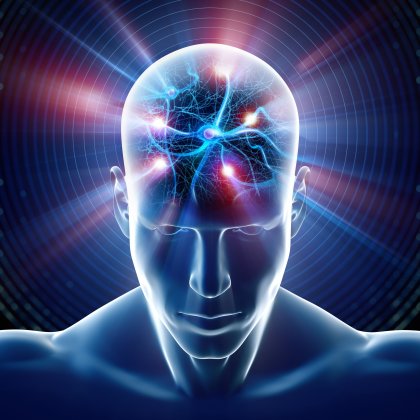
Image courtesy of Nottingham Trent University
A new one-minute video game is able to accurately and efficiently identify children with autism from those who have ADHD or are neurotypical.
Developed by researchers at Kennedy Krieger Institute and Nottingham Trent University, the tool, called the Computerized Assessment of Motor Imitation (CAMI), uses motion-tracking technology to detect differences in motor imitation skills. The research is published in The British Journal of Psychiatry.
In the study, 183 children, ages 7–13, were asked to copy the dance-like movements of a video avatar for one minute, while their imitation performance was measured using ...
Read More









Recent Comments